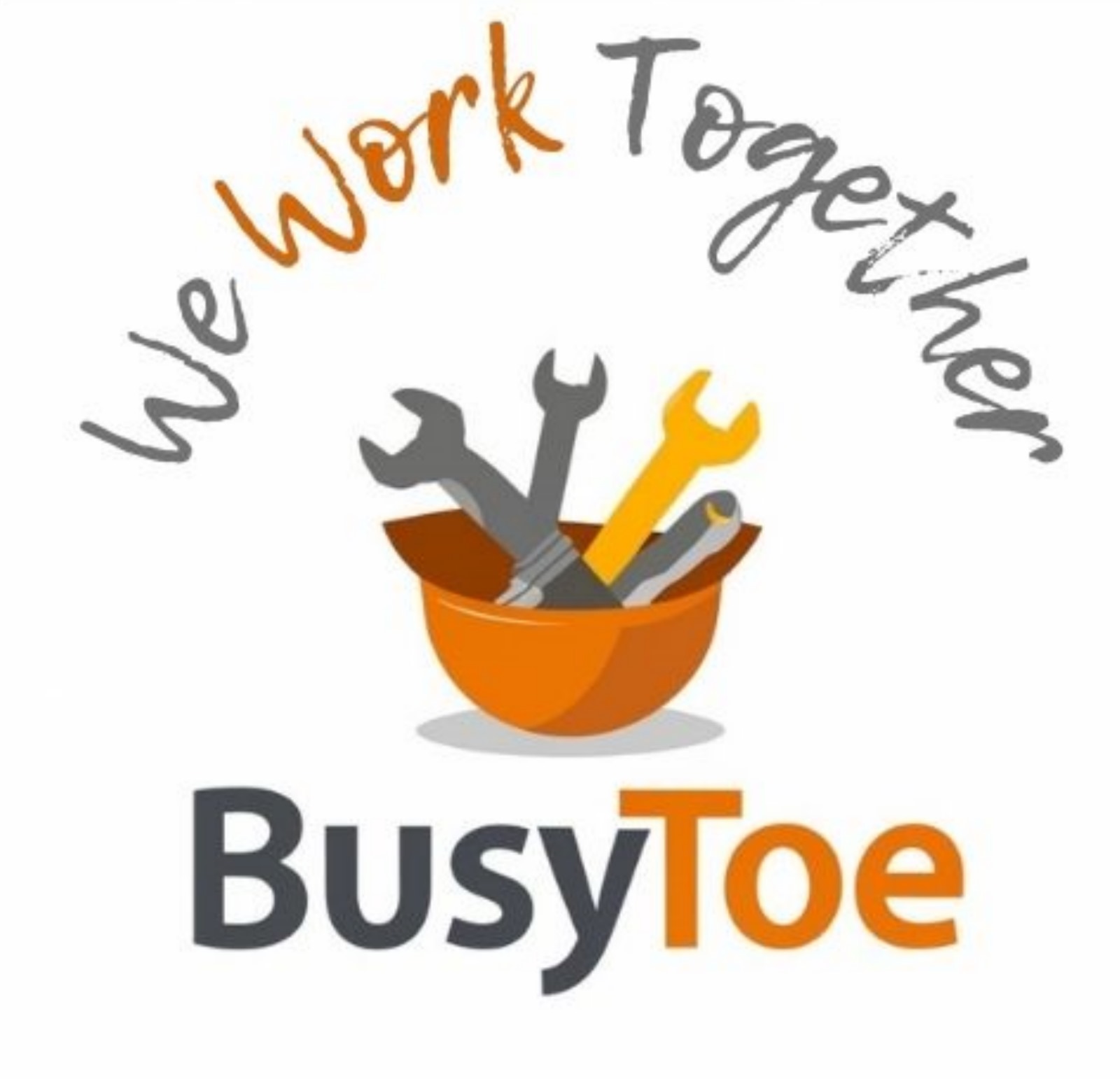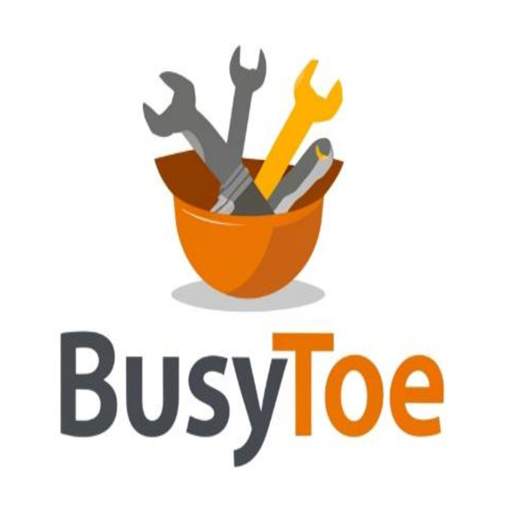
Essential Security Measures for Online Service Providers and Buyers
In a time when digital transactions are commonplace, it is critical for service providers as well as customers to guarantee the security of online interactions. Maintaining trust, integrity, and secrecy in the digital economy requires preserving sensitive information, guarding against cyber threats, and managing risks, whether you’re a client looking to hire services or a freelancer offering your expertise. We’ll go over important security precautions that online service providers and purchasers should take in this blog to safeguard their companies and themselves against potential dangers and weaknesses. Let’s explore the best practices that will enable you to traverse the digital landscape with assurance and peace of mind, from data encryption to secure payment options.
Security Measures for Online Service Providers:
Secure Communication Channels:
To safeguard confidential information shared between you and your clients, make use of encrypted communication methods like encrypted messaging applications and secure email services. Reduce the possibility of data interception or eavesdropping by unauthorized parties by using end-to-end encryption, which guarantees that data is encrypted at the source and decrypted only by the intended recipient.
Data Encryption:
Encrypt sensitive data stored on your devices and servers to prevent unauthorized access or data breaches. Use robust encryption algorithms and encryption keys to secure client data, passwords, financial information, and other confidential information stored in databases, files, or cloud storage services. Implement encryption protocols, such as HTTPS, SSL/TLS, or VPNs, to encrypt data transmitted over networks and protect it from interception by cyber criminals.
Multi-Factor Authentication (MFA):
Implement multi-factor authentication (MFA) mechanisms to add an extra layer of security to your online accounts and systems. Require users to authenticate their identity using two or more factors, such as passwords, biometric authentication, security tokens, or one-time codes sent via SMS or email, before granting access to sensitive resources or performing critical action.
Regular Security Audits and Updates:
Maintaining software, operating systems, and security patches up to date can help patch known vulnerabilities and protect against malware attacks and exploits. You can also prevent cyber threats by proactively monitoring for suspicious activity and defending against them. Regular security audits and vulnerability assessments of your systems, networks, and applications can help you identify and address potential security weaknesses or gaps.
Secure Payment Processing:
Use trustworthy payment gateways and platforms that abide by industry security standards, such PCI DSS (Payment Card Industry Data Security Standard), to ensure secure payment processing. To identify and stop illegal transactions or fraudulent activity, encrypt payment data both during transmission and storage. You should also put fraud detection and prevention procedures in place. To reduce the danger of payment fraud or identity theft, teach your clients about safe payment procedures and urge them to utilize secure payment options like credit cards or digital wallets.
Security Measures for Online Buyers:
Research Service Providers:
Before engaging with a service provider, conduct thorough research to verify their credibility, reputation, and track record. Look for reviews, testimonials, and references from past clients to gauge the quality of their work and reliability. Check for any complaints, disputes, or security incidents associated with the provider and avoid engaging with those who have a history of security breaches or unethical conduct.
Use Secure Platforms and Payment Methods:
Make use of safe online platforms, freelance markets, or websites that emphasize security and provide built-in safeguards for vendors and customers. Select trustworthy payment gateways and techniques that safeguard your financial information during transactions by utilizing encryption and other security features. Don’t divulge private payment information over unreliable or unknown methods, such as credit card or bank account numbers.
Review Privacy and Security Policies:
To learn how service providers and online platforms gather, utilize, keep, and safeguard your personal data, carefully read their privacy and security policies. Seek for unambiguous and open disclosures regarding data processing procedures, data retention policies, and security controls put in place to protect your data. Give sensitive or personal information only to parties you can trust and who have strong security and privacy policies in place.
Enable Account Security Features:
Take advantage of account security features offered by online platforms, such as two-factor authentication (2FA) or account recovery options, to enhance the security of your accounts and protect against unauthorized access. Choose strong, unique passwords for your accounts and avoid using the same password across multiple platforms or services. Monitor your accounts regularly for any suspicious activity or unauthorized changes and report any security incidents or concerns to the platform or service provider immediately.
Exercise Caution with Links and Attachments:
Be cautious when clicking on links or opening email attachments from unknown or suspicious sources, as they may contain malware, phishing scams, or other security threats. Verify the legitimacy of emails, messages, or attachments before taking any action and avoid providing personal or sensitive information in response to unsolicited requests. Educate yourself about common phishing tactics and scams and stay vigilant to protect yourself against online threats.
In the fast-paced world of online commerce, prioritizing security is essential for both service providers and buyers to safeguard their data, protect their assets, and preserve trust and confidence in the digital marketplace. By implementing robust security measures such as encrypted communication, multi-factor authentication, regular audits and updates, and secure payment processing, online service providers and buyers can mitigate risks, prevent security breaches, and ensure the integrity and confidentiality of their transactions. By working together to prioritize security and uphold ethical standards, we can create a safer and more trustworthy online environment for all stakeholders involved.











